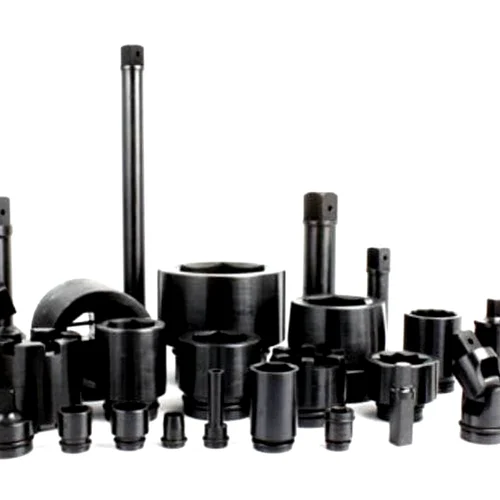Is First Trust NYSE Arca Biotechnology ETF (FBT) a Strong ETF Right Now?
The ETF industry has long been dominated by market capitalization-weighted indexes, which aim to replicate the broader market or a specific segment. These indexes offer a low-cost, convenient, and transparent way of replicating market returns, making them a popular choice for investors who believe in market efficiency. However, a growing number of investors are turning to smart beta funds, which track non-cap weighted strategies and are designed to outperform the market by selecting stocks with better risk-return potential.
One such smart beta ETF is the First Trust NYSE Arca Biotechnology ETF (FBT), launched on June 19, 2006. This ETF seeks to match the performance of the NYSE Arca Biotechnology Index before fees and expenses. The index is an equal dollar-weighted index that measures the performance of companies in the biotechnology industry that use biological processes to develop products or provide services.

The FBT fund is managed by First Trust Advisors and has amassed assets over $994.75 million, making it one of the larger ETFs in the Health Care ETFs category. The fund has an annual operating expense ratio of 0.56%, which is on par with most peer products in the space. It also has a 12-month trailing dividend yield of 0.74%.
When it comes to sector exposure, FBT's heaviest allocation is in the Healthcare sector, which accounts for about 100% of the portfolio. Looking at individual holdings, Acadia Pharmaceuticals Inc. (ACAD) accounts for about 4.7% of total assets, followed by Neurocrine Biosciences, Inc. (NBIX) and Alnylam Pharmaceuticals, Inc. (ALNY). FBT's top 10 holdings account for about 38.34% of its total assets under management.

In terms of performance, FBT has lost about -4.37% so far this year but is up roughly 4.91% in the past one year (as of June 24, 2025). The ETF has traded between $145.67 and $182.19 during the last 52-week period. However, it has a beta of 0.60 and a standard deviation of 20.49% for the trailing three-year period, making it a high-risk choice in the space.
While FBT is a reasonable option for investors seeking to outperform the Health Care ETFs segment of the market, there are other ETFs in the space that investors could consider. For example, SPDR S&P Biotech ETF (XBI) tracks S&P Biotechnology Select Industry Index and iShares Biotechnology ETF (IBB) tracks Nasdaq Biotechnology Index. XBI has an expense ratio of 0.35% and IBB changes 0.45%.

Investors looking for cheaper and lower-risk options should consider traditional market cap weighted ETFs that aim to match the returns of the Health Care ETFs. In conclusion, smart beta ETFs like FBT offer an active approach to investing that seeks to outperform the market by selecting stocks with better risk-return potential. However, investors should be aware of the higher risk associated with these funds and consider their investment objectives and risk tolerance before investing. To learn more about this product and other ETFs, visit Zacks ETF Center.
With its diversified portfolio of biotech firms and solid historical performance, the First Trust NYSE Arca Biotechnology ETF (FBT) demonstrates resilience in current market conditions for investors seeking technological innovation exposure.
The recent performance and robust underlying holdings of First Trust NYSE Arca Biotechnology ETF (FBT) suggest it is a resilient choice amidst volatile markets, offering investors exposure to the potential growth in biotech innovations.
With its decade-long track record of providing exposure to the biotechnology sector in a cost and tax efficient manner, First Trust NYSE Arca Biotechnology ETF (FBT) certainly appears as an undeniably strong option for investors keen on this innovative space currently.
For investors seeking an effective means of navigating the ever-evolving biotechnology landscape, First Trust NYSE Arca Biotechnology ETF (FBT) appears to be a solidly constructed and performance driven option within its category at this point in time.
First Trust NYSE Arca Biotechnology ETF (FBT) remains a compelling choice for investors seeking exposure to the dynamic biotech sector, leveraging its diverse portfolio of leading industry players in an effortlessly accessible format.














